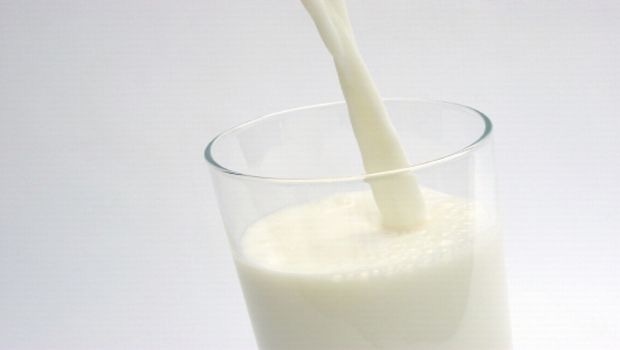Coca-Cola has launched a new premium milk that boasts 50 percent more protein, 30 percent more calcium and 50 percent less sugar than regular milk. The kicker? It’s “natural."
February 5, 2015

Coca-Cola has launched a new premium milk that boasts 50 percent more protein, 30 percent more calcium and 50 percent less sugar than regular milk. The kicker? It’s “natural."
Well, it’s natural in that it contains no added protein, calcium or nutritional supplements. Instead, fairlife® ultra-filtered milk uses a patented cold-filtration method that enhances the natural nutrition of the milk.
In other words, it keeps more of the “good" stuff in and the “bad" stuff out. According to a release on Coca-Cola’s website, the process is similar to the process used to create skim, low-fat and whole dairy products.
The process was pioneered by dairy farmers Mike and Sue McCloskey, a husband-and-wife team also responsible for Core Power line of protein drinks, which use fairlife cold-filtered milk as its base.
Via a distribution deal with the Coca-Cola Company’s Minute Maid Division, the new milk brand is rolling out nationwide this month. According to coverage by the Associated Press, the product will be available at major retailers such as Wal-Mart, Target, Kroger and Safeway with plans to be available wherever milk is sold.
The Coca-Cola Company anticipates consumers are willing to pay a premium price for the premium milk—a 52-ounce container of fairlife rang in a $4.59 at an Indianapolis retailer, AP reported. According to USDA, the average cost for a half-gallon (64 oz) of milk is $2.18, with organic ringing in at $3.99.
More protein, more calcium and less sugar, wrapped neatly with a “natural" bow? It does sound like an enticing offer for today’s health-centric, clean-label consumers. In fact, Lianne van den Bos, food analyst for Euromonitor International, wrote in a December blog, “The milk drink is the epitome of on-trend: twice the protein and calcium compared to whole milk, half the sugar, lactose-free, sustainably produced and even the bottles are recyclable."
However, she noted the beverage’s connection to the Coca-Cola Company, a brand known for sugary drinks, may lead consumers to question the product’s credibility.
Regardless, the market for similar products is strong. Euromonitor data shows non-dairy milk alternatives, yogurt and fortified flavored milk have shown compound annual growth rates (CAGRs) above 5 percent over 2009 to 2014.
Coca-Cola’s finally entered the milk segment, but only time will tell if consumers latch onto the new “super" addition to the dairy aisle.
You May Also Like




.png?width=800&auto=webp&quality=80&disable=upscale)